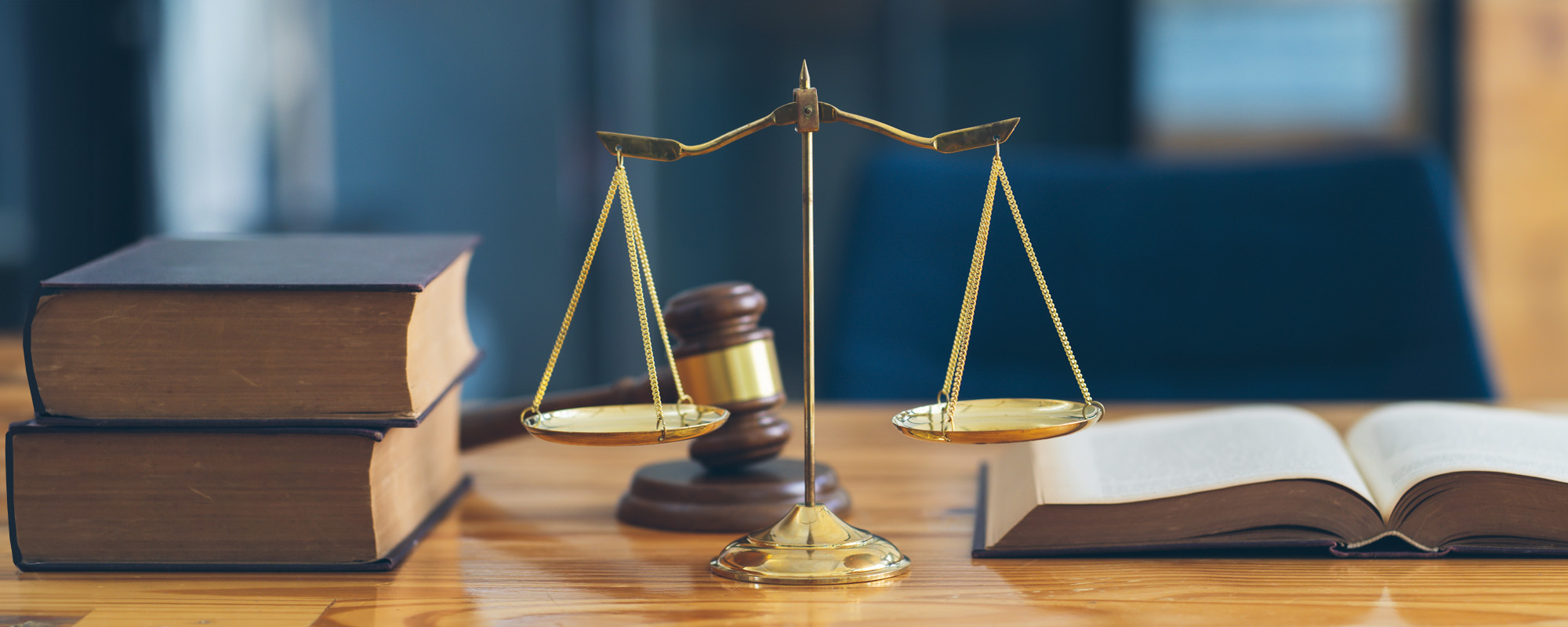
Both physical and psychological injuries can arise after an accident, both of which may be subject to compensation depending on the details of the situation. It is critical that you understand how to properly document your psychological injuries after an accident, especially if you want to seek damages through the liable party. For more information and to obtain legal assistance during your case, consult with a skillful New York injury lawyer at Mitchell J. Schroeder, P.C. today.
What Are Psychological Injuries?
Psychological injuries are any emotional or mental conditions that develop after an accident. These injuries generally stem from trauma and fear. Although they are not visible outside of the body, these ailments can be just as debilitating as physical injuries.
Examples of psychological injuries include the following.
- Anxiety
- Depression
- PTSD (post-traumatic stress disorder)
- Insomnia
- Nightmares
- Phobias
How Can I Document Psychological Injuries After an Accident?
Although psychological injuries can be even more damaging and painful than physical injuries, they can be harder to prove. With proper documentation, however, you can provide a strong case and collect compensation for both the economic and noneconomic losses associated with your psychological injury.
- Seek professional help: The first step in documenting your injury is seeking help from a licensed mental health professional. This will start a paper trail of medical records and evidence proving your symptoms, diagnosis, treatments, and more.
- Personal journal: Keeping a personal journal can be a crucial tool when documenting a mental injury. Your journal allows you to keep track of your thoughts, feelings, and behaviors over time. This can offer detailed, firsthand evidence of the impact your accident has had on your well-being. By documenting your experience you are creating a record that demonstrates the nature of your ailment over time and the toll it has taken on your life.
- Witnesses: Testimony from witnesses in your life can paint a clear picture of your experience. Friends, family, coworkers, or others close to you can provide insight into how the accident has affected your behavior and mental state.
- Expert testimony: In a personal injury claim or lawsuit, testimony from medical professionals and other experts will have a significant impact on your case. They can speak to your diagnosis and treatment as well as the behavior you exhibit and their beliefs on your injury based on past experience and education.
- Bills: While psychological injuries are invisible, the impact they can have on your finances is not. You can be compensated for emotional distress and suffering due to your psychological injury, but it is also important to document your financial losses. Keep track of your medical expenses like the cost of therapy, prescription medication, screenings, and more.
Documenting your injuries, both physical and psychological, is crucial in ensuring your ailments are recognized and taken seriously, regardless of whether you are seeking compensation. Work with a skilled personal injury attorney for legal assistance today.

